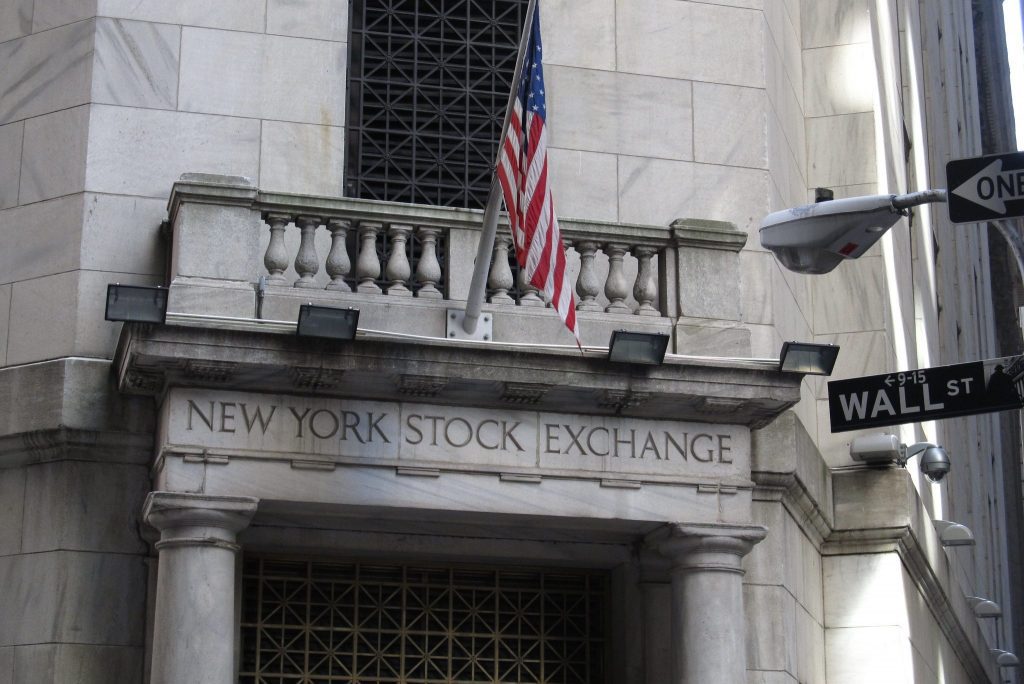Travel Helps to Fuel the Record-Setting $100 Billion in SPAC Deals Announced This Year

Skift Take
Special purpose acquisition companies, or SPACs, raised an eye-popping $100 billion so far in 2021, according to Refinitiv data released this week. That’s 23 percent higher than what was raised in all of last year, the prior record holder.
While the data provider couldn’t parse out industry-specific SPAC numbers, travel has been a major source of growth in this sector viewed as a relatively quick way to debut on the stock market.
That has some raising concerns over how much runway is left for travel companies and future SPACs, despite more companies getting into the space seemingly by the week.
“A lot of the SPACs in the pipeline right now will probably pull back,” Carl Shepherd, co-founder of HomeAway, said this week at Skift’s Short Term Rental and Outdoor Summit before the Refinitiv data was released. “With that much money chasing so few opportunities, now might not be the best time to pursue a SPAC.”
The U.S. has the bulk of the SPAC IPOs to go on the market this year, including 215 on the Nasdaq and 109 on the New York Stock Exchange, according to Refinitiv. But deals are happening around the world, with four on the Euronext Amsterdam and three on the Frankfurt Stock Exchange. Accor’s recently announced SPAC would go on the Euronext Paris market.
SPACs are essentially shell companies that backers create to merge with another company and go public in a much quicker fashion than a traditional bank-led initial public offering, or IPO.
Tighter regulations around traditional IPOs and more established financial backers entering the once-dodgy SPAC sector made this path to going public more popular, especially in the last year. But fast-to-market can come at a price: It’s fairly common for the sponsor of a SPAC to get between a 20 to 25 percent stake in their acquisition target at a discounted price, Skift reported in January.
More on SPACs from Skift: What Exactly Are 'SPACs'? Why They Will Matter in Travel This Year
But a wide array of companies across several travel sectors are in the process of going public this way.
Skift Research noted in March at least 21 SPACs with more than $7.4 billion in capital earmarked for mergers and acquisitions were likely to target the travel sector. Some of these included three Altitude Acquisition Corps., run by corporate travel agency Teplis Travel CEO Gary Teplis, and Thayer Acquisition Corp., sponsored by travel venture capital firm Thayer Ventures.
Initial travel SPACs focused on the transportation sector like helicopter taxi service Blade and Joby Aviation, a startup focused on electric aircraft capable of vertical takeoffs and landings that announced a $6.6 billion SPAC deal in February. But the SPAC craze has since moved into other sectors of the travel industry.
Wynn Resorts recently announced plans to take its online gaming platform public via SPAC at a $3.2 billion valuation. Sonder’s SPAC plans values the short-term rental company at $2.2 billion while Rosewood Hotel Group’s SPAC could raise about $400 million for the Hong Kong-based hotel company.
More travel SPACs are likely on the horizon, as Accor announced plans this week to sponsor its own SPAC to pursue an acquisition in the lifestyle, leisure, travel technology, or flexible working sectors.
But there is also a cooling off in the market, especially in the U.S. where regulators began to scrutinize the SPAC surge in recent weeks.
“The pace of new listings has slowed considerably since its peak in March,” Lucille Jones, a deals intelligence analyst at Refinitiv, said in a statement. “Regulators stepped in with investor warnings and a push for more disclosures and transparency around SPACs, which dampened the mood and caused activity to drop significantly in April to the lowest monthly total since June 2020.”




